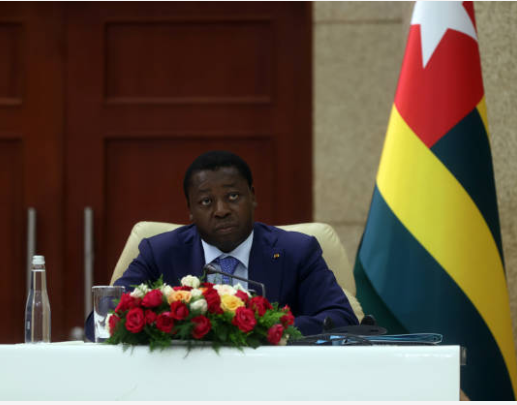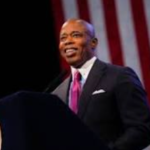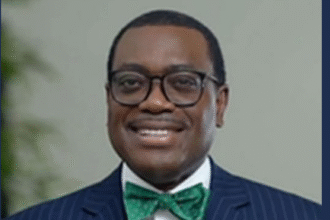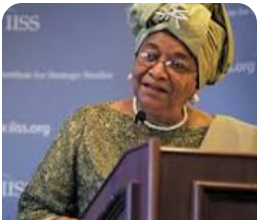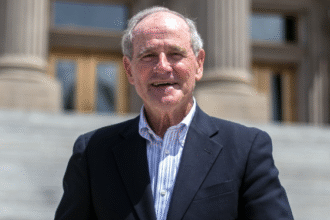LomĂ©, Togo – The Economic Community of West African States (ECOWAS) has faced increasing criticism for its perceived inaction regarding growing concerns over democratic backsliding in Togo. Despite reports of restricted political freedoms, a stifled opposition, and allegations of electoral irregularities, the regional bloc has largely remained silent, prompting accusations of prioritizing stability over democratic principles.
Togo has been under the rule of the Gnassingbé family for over five decades. Faure Gnassingbé, the current president, succeeded his father in 2005, and his continued leadership has been met with periodic protests and accusations of authoritarianism. Recent reports from human rights organizations and political observers have highlighted issues such as:
- Restrictions on Political Opposition:Â Opposition parties claim they face significant obstacles in organizing and campaigning, including intimidation, arbitrary arrests, and limitations on access to state media.
- Concerns over Electoral Integrity:Â Past elections have been marred by allegations of irregularities, leading to low voter turnout and a lack of public trust in the electoral process. Recent electoral reforms have been criticized by the opposition for failing to address key issues that contribute to unfairness.
- Limits on Freedom of Expression:Â Journalists and activists report self-censorship and increasing pressure from the government, hindering freedom of expression and open debate.
Despite these concerns, ECOWAS has not issued any strong condemnations or imposed sanctions on the Togolese government. The regional body’s muted response has drawn criticism from civil society organizations and political analysts who argue that it undermines ECOWAS’s stated commitment to promoting democracy and good governance in the region.
“ECOWAS’s silence is deafening,” said Kofi Mensah, a Togolese political analyst. “By failing to hold the Togolese government accountable for its actions, ECOWAS is sending a dangerous message that authoritarian practices will be tolerated within the community.”
Critics suggest several reasons for ECOWAS’s reluctance to intervene, including the principle of non-interference in member states’ internal affairs, a desire to maintain regional stability, and the influence of individual member states with close ties to the Togolese government.
However, proponents of a stronger stance argue that ECOWAS has a responsibility to uphold its own democratic standards and ensure that all member states adhere to the principles of free and fair elections, respect for human rights, and the rule of law.
The silence from ECOWAS raises fundamental questions about the effectiveness and credibility of the regional bloc’s democracy promotion efforts. As concerns continue to mount over the political situation in Togo, pressure is growing on ECOWAS to take a more proactive role in promoting democratic values and holding the Togolese government accountable for its actions. The future of democracy in Togo, and perhaps the credibility of ECOWAS itself, may depend on it.


